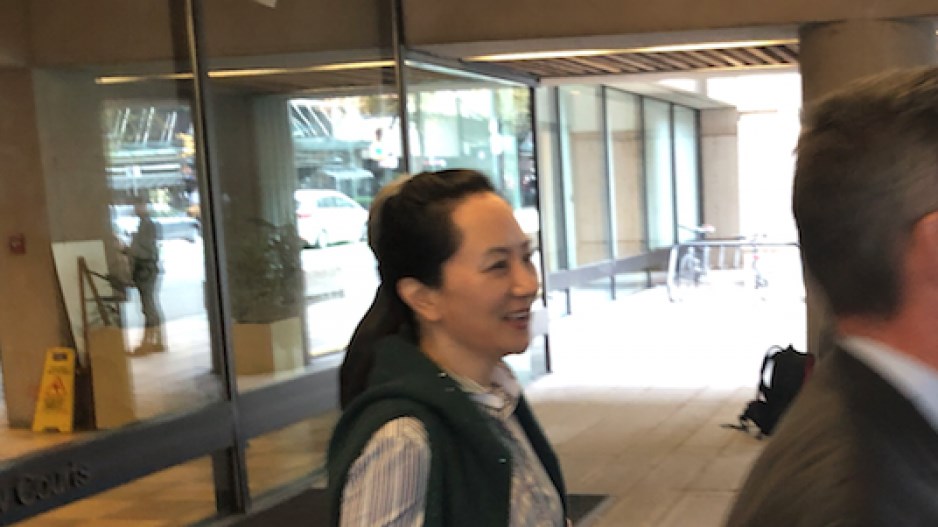One of Huawei Technologies CFO Meng Wanzhou’s defence lawyers has accused Canadian border agents and RCMP officers of lying under oath in the Chinese executive‘s extradition proceedings.
The hearings, which returned to court today, saw defence lawyer Mona Duckett levying the allegation in arguing that officials from both the Canada Border Services Agency and the RCMP tried to conceal their true intentions of seizing Meng’s electronic devices upon her arrest on Dec. 1, 2018.
“There’s much falsehood in these proceedings,” Duckett said, referring to the testimonies late last year of both RCMP and CBSA officers who stated the fact border agents examined Meng for three hours and seizing her devices prior to arrest is standard procedure. “... I understand it’s hard to come to terms with that when people take oaths in court. But when we look at the entire context... it’s clear that some [witnesses giving testimony] were playing fast and loose with the facts.”
Duckett argued that the CBSA officers who testified could not clearly outline what authority they had for seizing Meng’s devices, since border agents did not end up examining the contents within.
Thus, she said, it’s within reason to argue that the only reason the CBSA took the devices and their passcodes is at the RCMP ’s request.
Today saw Meng’s defence getting into the meat of its argument that Canadian authorities abused its arrest process to assist the United States in securing evidence.
Defence lawyer Tony Paisana told the court this morning that the actions of the RCMP and the CBSA during the arrest of the Huawei Technologies CFO in 2018 in Vancouver created a “constellation of facts” that build upon one another to create an irrefutable case for abuse of process.
These actions, Paisana said, started as soon as Meng stepped off her plane from Hong Kong.
“The CBSA immediately seized [Meng’s] electronic devices,” Paisana said, referring to testimony made by CBSA officers in November. “They were then placed in Faraday or Mylar bags to prevent remote tempering... it was so unusual that they [CBSA] didn’t even have the bags. They had to get them from the RCMP.”
Paisana added that the CBSA did not open the bags to examine the devices themselves- a step that should have been standard for a border officer looking at Meng’s criminality concerns as a potential factor in assessing her eligibility to enter Canada.
The lawyer also noted border officers did not examine Meng’s luggage closely or question her on the large amount of prescription drugs she had with her during the CBSA examination. These facts, Paisana contends, demonstrated the CBSA’s chief concern - assisting the RCMP and in turn U.S. authorities in securing evidence.
Presiding judge (and Associate Chief Justice) Heather Holmes, however, said she found that portion of the argument unconvincing.
“Surely, some border exams focus on one thing versus others focusing on another aspect,” Holmes said. “... there’s a vast range a border exam covers. Given the evidentiary context, I don’t see this [argument] going very far.”
Holmes also expressed concern about one of the defence’s propositions that the CBSA intentionally collected Meng’s device passcodes and passed them along to the RCMP rather than it being a mistake - which, Paisana said, is another sign that the border entry exam wasn’t genuine but rather a veiled attempt to gather evidence for the U.S. case.
“It wasn’t a grilling, vigorous or detailed examination [by the CBSA],” Holmes said. “If they were to be gathering evidence, wouldn’t the questioning be more thorough?”
“The fact that they didn’t do a great job of violating your rights does not mean they didn’t violate your rights,” Paisana replied.
The hearings continue through the end of the week.




